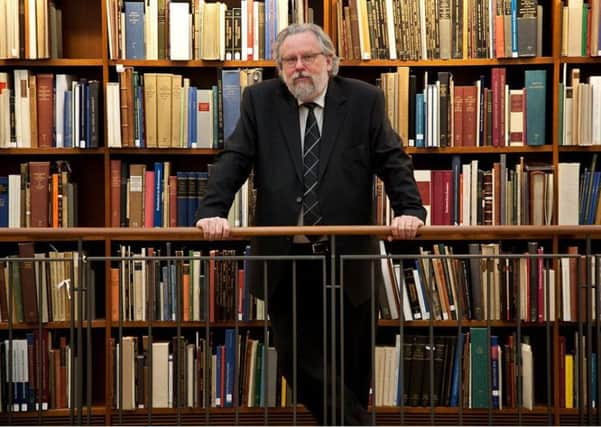Art of Darkeness


Rick Gekoski, who has written several wonderful non-fiction works on bibliophilia and whose other career is as one of the best rare-book dealers in the business, has found a similarly caustic, self-lacerating, dyspeptic, sardonic voice for his protagonist, the eponymous Darke. It is, if such a thing can be, an immensely enjoyable elegy. Darke is a man of what the Scots might call perjink habits: precise about his coffee, fastidious about his books, scrupulous about his couture. He has a lifelong love for, and an unfinished manuscript about, Dickens, and as the novel opens, has lost all faith in literature. The “frigid snitbag” Virginia Woolf is dismissed as the author of “Mrs Shalloway”; TS Eliot is “dreadful”, “utterly uncongenial”, and almost every other author is denounced as a “shitslinger”.
More even than that, Darke has immured himself. For an ostensible and a surreptitious reason, he has had his letter-box boxed in, his curtains are perpetually drawn, all correspondence is forwarded to his only friend, and his email account bounces everything back. He likes expensive wine and cheap puns – and any sensitive reader will understand he disgusts himself at the tawdry nature of bad jokes more than he does the reader. He is more carapace than character, and in some ways the reader intuits very quickly that his acerbic persona is just that: a persona to protect him against something which hurts so much he cannot bear to be himself any more.
Advertisement
Hide AdAdvertisement
Hide AdThere is a plot: it would be churlish to spoil it. Why his heart is encrusted is guessable to an extent, but its unfurling is done with precision and patience and a degree of twisted piety. As we get towards the conclusion, we have at least his persistent, infuriating voice. He is a great hater. Certain kinds of cars, television, his work as a schoolmaster, God, the stellar careers of the pupils he loathed, inadequate lobster sandwiches, the unreliability of tradesfolk – Darke draws them all into his dark. But in a way, he’s not kidding anyone.
Yet his fumes and furies, his ire and anger, are hilarious. His railleries are not enlightening, but Darkeness visible. He has reasons for this, as the book carefully unveils, but his stupendous ability to negate things is thrilling. A priest is described as “one who didn’t know us from Adam… He was young and very modern. He probably didn’t know Adam from Adam either.” At an auction of modern art he fulminates: “It was impossible to succour one’s soul in such an atmosphere, to be anything other than cramped and irritable, impinged upon by the pretentious and second rate. And that’s just the painting. Think of the people. Or better yet, don’t.”
Darke indulges in a self-cancelling rhetoric which is wholly commensurate with true grief. He articulates and then disarticulates. He says what is on his mind, to stop him minding. Perhaps the most moving point in the novel is when he admits “I was trying to think with my heart” and Gekoski makes the character live wholly in those brief interchanges.
The book is interwoven with literary references, most of them because Darke fancies himself a litterateur if not a reader, some of them because Gekoski likes to indulge a flourish or eleventy-one.
Advertisement
Hide AdAdvertisement
Hide AdThey add to the book, but are not strictly necessary to it. What is necessary, and amply present, is a capacity to be emotionally engaged with the reader, to be with and without, to be beguiling and guileful.
I would care to hear Darke rant for at least another 300-page book – and Lord knows, there is plenty to rant about, and I don’t mean the standard of the average scone – but the ending, where the world is both open to him and disgusting to him is surely a new beginning.
It is, in a way, a book about beginnings as much as it is about endings. I have never laughed as much at a book that made me weep so copiously.